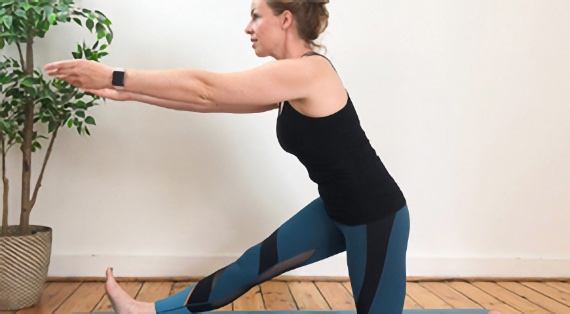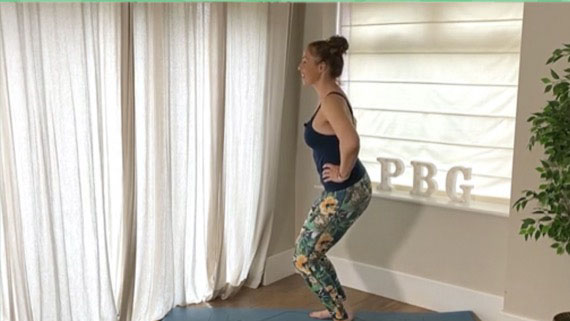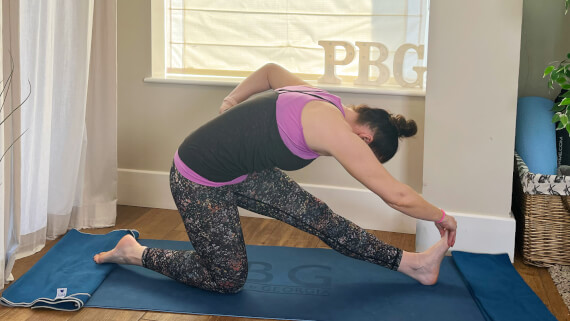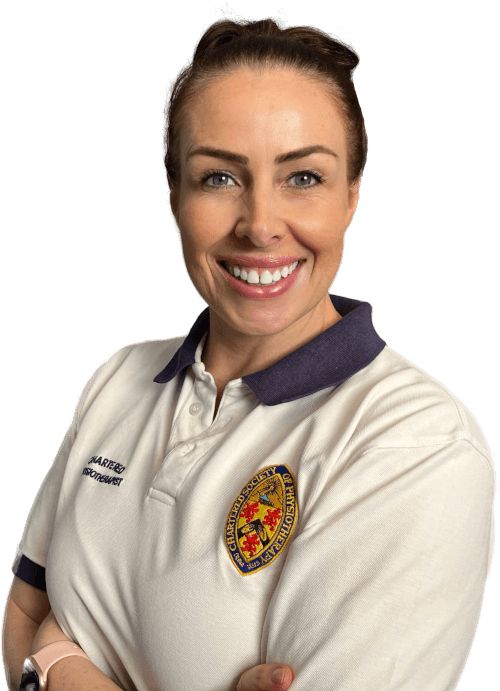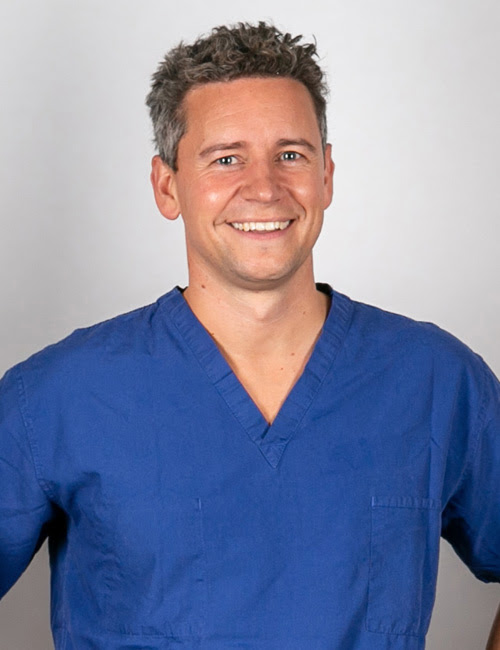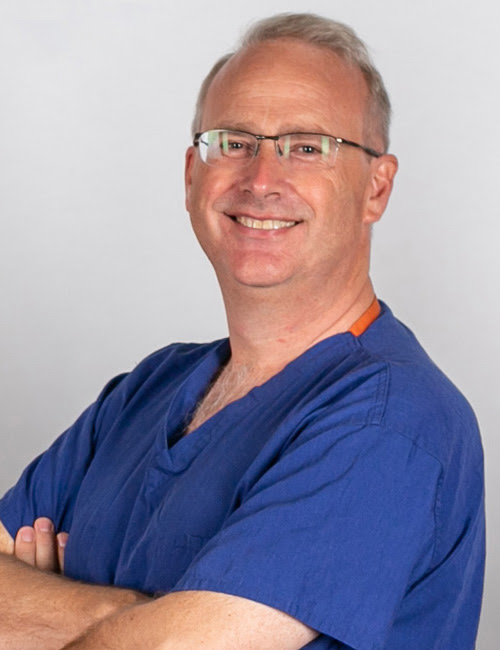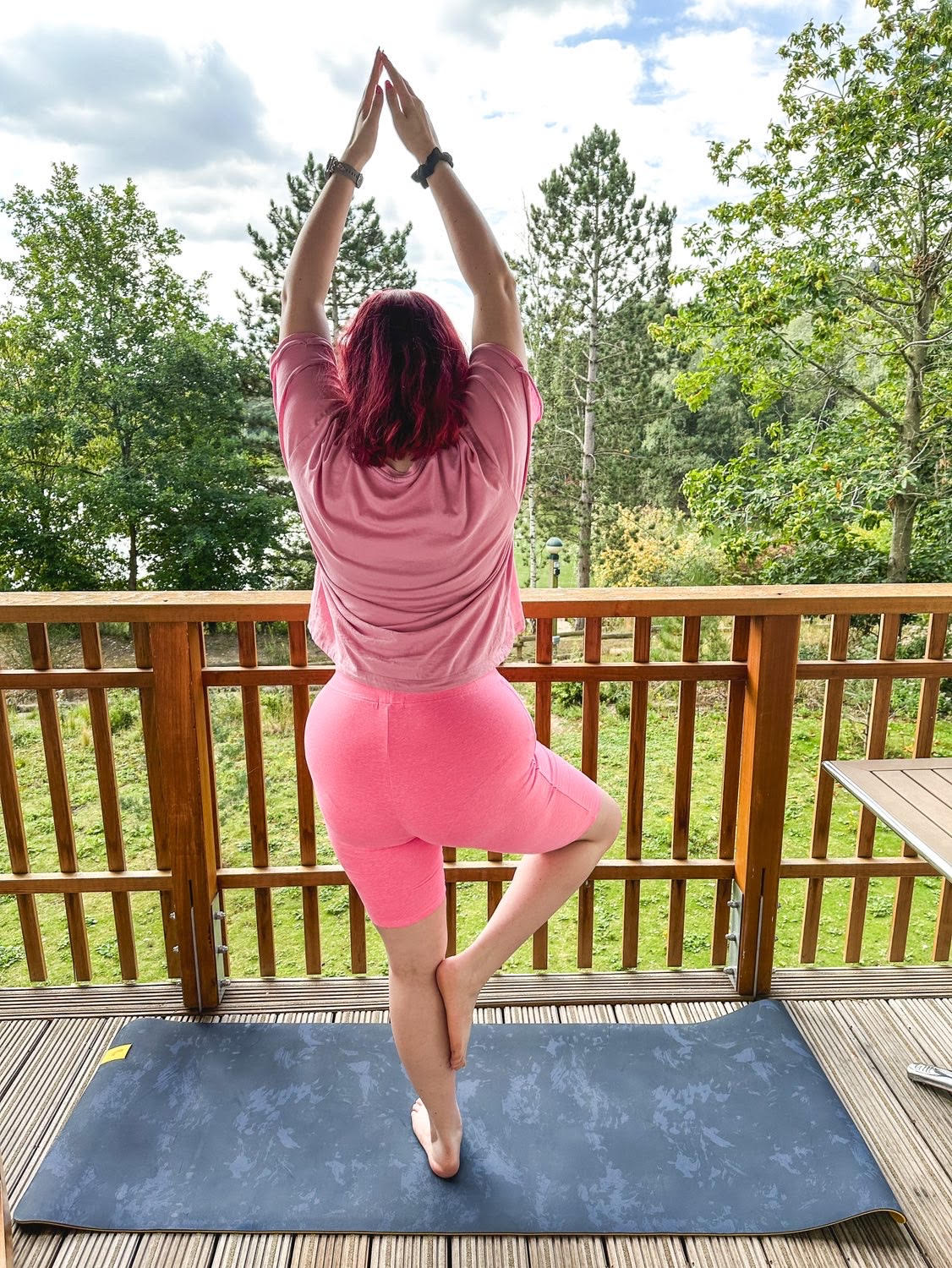Back Knee Pain
Back Knee Pain
Pain behind the knee is also called posterior knee pain. There are many different causes, including injury, inflammation or infection, overuse, wear and tear with age, osteoarthritis, rheumatoid arthritis and cysts.
Swelling at the back of your knee, may spread to the back of your leg (calf) and severe swelling can prevent you from bending your leg.
All about Back Knee Pain
Causes of Back Knee Pain
- Hamstring Injuries / Tendonitis: The hamstrings are three muscles that run along the back of your thigh and help you bend your knee. Hamstring injuries commonly occur when playing sports, when they are overstretched (strained or pulled). However, the hamstrings can also be torn, which can take several months to heal.
- Gastrocnemius (Calf muscle) Tendonitis: Is an overuse (sprinting & jumping) injury of the largest calf muscle. The tendon that attaches the calf muscle to the back of the knee can be excessively worked and gradually this can cause microscopic tears and inflammation within the tendon.
- Baker's cyst: This is a fluid-filled sac that sits behind your knee that can develop if you have sustained a knee injury, causing your knee to become swollen and inflamed.
- Meniscus tear (knee cartilage): Are within your knee joint and act as cushions to absorb shock and stabilise it. There are two menisci in each knee, one on each side. Sports that involve squatting or twisting your knee are more prone to cartilage tear injuries. As we age, the cartilage weakens, thins and becomes more vulnerable to tearing with twisting motion during everyday activities.
Cruciate ligament injuries
- Anterior Cruciate Ligament (ACL): The anterior cruciate ligament is a ligament that runs along the front of your knee and connects your thigh bone to your shinbone. It helps stabilise your knee so you can move it smoothly. See our Front Knee Pain page for more information.
- Posterior Cruciate Ligament (PCL): The posterior cruciate ligament is a ligament that runs along the back of your knee and connects your thigh bone to your shinbone. The PCL is the stronger of the two cruciate ligaments, and as a result is much less commonly damaged than the ACL. However, it can become damaged if your knee is hit by a blunt object or by the knee bending too far backwards. Occasionally, the PCL can be damaged by twisting your knee or missing a step when walking. It can be strained if it is overstretched and if enough pressure is applied it can tear in two.
Symptoms of Back Knee Pain
- Hamstring Injuries: Symptoms include sudden pain and swelling, bruising and weakness in your leg.
- Gastrocnemius (Calf muscle) Injuries / Tendonitis: Pain and tenderness at the back of the knee when pressing at the top of the calf. It can be painful to hop, stretch the car and lift up the heel whilst standing on a straight leg.
- Bakers Cyst: Posterior knee pain, swelling, stiffness and difficulty bending or straightening your leg. Symptoms are often worsen on activity and if the cyst bursts, you will feel a sudden, sharp pain.
- Meniscal Tear: Often you may feel or hear a popping noise when it tears but have no immediate pain. However, over the next 24hours, knee pain will develop, alongside swelling, stiffness, and/or locking in fixed positions or giving way of your knee.
- Posterior Cruciate Ligament Injury: Alongside posterior knee pain, symptoms include swelling, stiffness and weakness of the knee, as well as difficulty walking and it may give way. The PCL is often injured in conjunction with other structures in the knee, such as the ACL or meniscus. These injuries may cause additional symptoms, such as knee locking (the inability to bend or straighten the knee) or bruising, and may require additional treatments.
Knee Pain Relief
Early Advice - RICE
- Rest: Activity Modification - to reduce further overloading of the structures within the knee. This may include a period of rest.
- Ice: If swollen and inflamed - apply a covered ice pack to the injury for up to 15 minutes 2 or 3 times a day.
- Compress: Use compression knee sleeve/support such as Tubigrip.
- Elevate: Elevation minimises swelling. Raise your leg up higher than your heart.
Progress
- Strengthen legs: Focus on the muscles that support the knee and hip and gradually increase the amount of load that the knee can tolerate.
- Reduce BMI: Try to reduce your BMI if you are overweight.
- Improve lower leg biomechanics Wear cushioned and supportive footwear appropriate for the activity you are doing.
Do watch the PBG information class on back knee pain and then try the QuickFix exercise class to learn how to safely mobilise and strengthen the knee.
Free Class: Quick Fix for Back Knee Pain
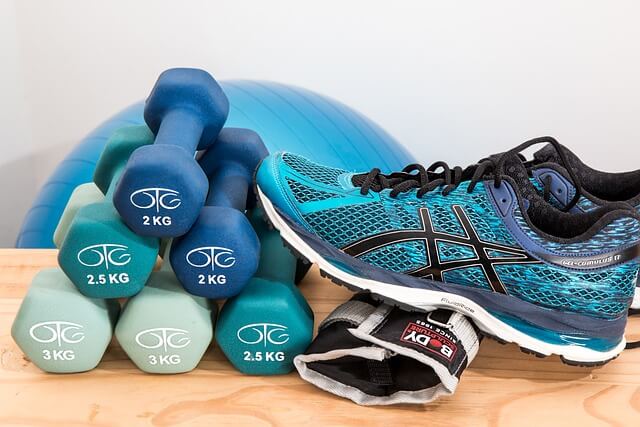
 Physio Tip!
Physio Tip!
REHAB WELL!
Stability of the knee is vital to ensure a full recovery and to prevent any long-term instability which can lead to arthritis. Unfortunately a torn PCL can not heal on its own, but it may be possible to build up enough stability that you can live without a functioning posterior cruciate ligament without having it surgically repaired.
Finally improving flexibility around the knee, especially the hamstrings, may help decrease the risk of a PCL injury.
Alert!
Contact your healthcare provider if:
- The injury is severe e.g. you can’t bear weight on the leg
- The knee gives way, clicks or locks (gets stuck)
- The knee is hot, red, very swollen, or you have a fever.
